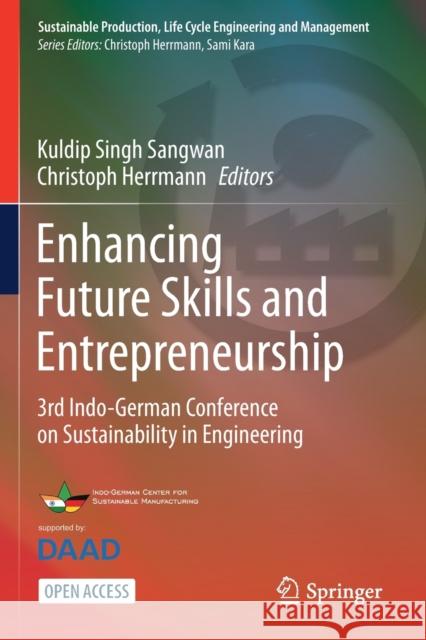Enhancing Future Skills and Entrepreneurship: 3rd Indo-German Conference on Sustainability in Engineering » książka
topmenu
Enhancing Future Skills and Entrepreneurship: 3rd Indo-German Conference on Sustainability in Engineering
ISBN-13: 9783030442507 / Angielski / Miękka / 2020 / 292 str.
Enhancing Future Skills and Entrepreneurship: 3rd Indo-German Conference on Sustainability in Engineering
ISBN-13: 9783030442507 / Angielski / Miękka / 2020 / 292 str.
cena 160,99
(netto: 153,32 VAT: 5%)
Najniższa cena z 30 dni: 154,18
(netto: 153,32 VAT: 5%)
Najniższa cena z 30 dni: 154,18
Termin realizacji zamówienia:
ok. 16-18 dni roboczych.
ok. 16-18 dni roboczych.
Darmowa dostawa!
Kategorie:
Kategorie BISAC:
Wydawca:
Springer
Język:
Angielski
ISBN-13:
9783030442507
Rok wydania:
2020
Wydanie:
2020
Numer serii:
000448057
Ilość stron:
292
Waga:
0.42 kg
Wymiary:
23.39 x 15.6 x 1.63
Oprawa:
Miękka
Wolumenów:
01
Dodatkowe informacje:
Wydanie ilustrowane











